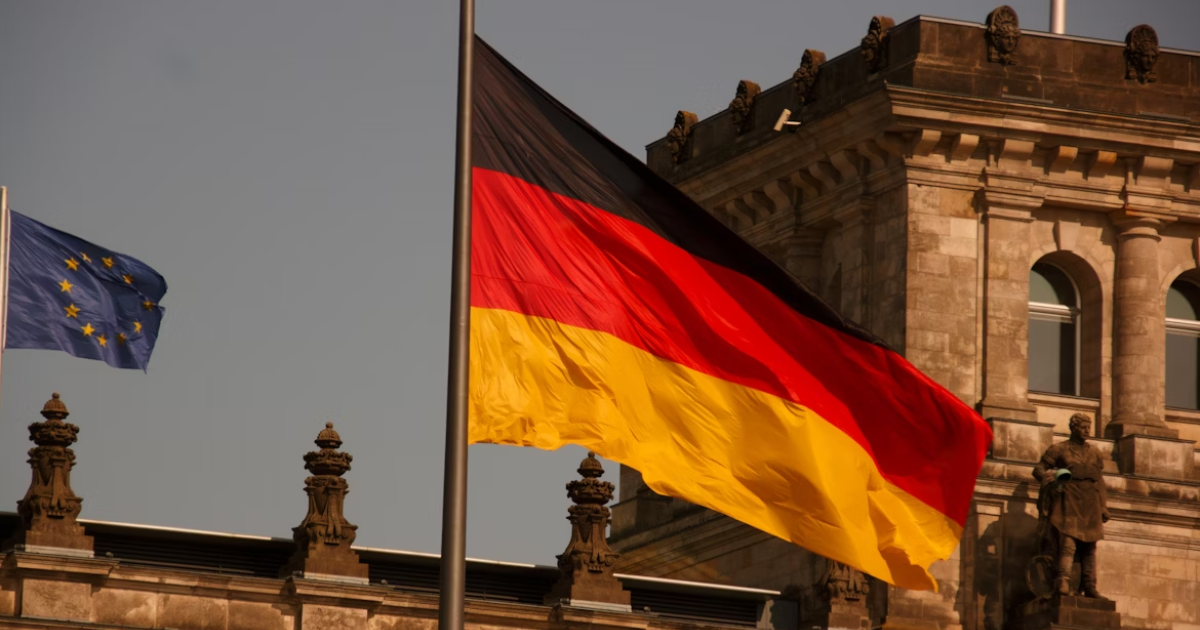Germany, one of the biggest economies in Europe, is significantly ramping up defence spending – in the hopes that a burgeoning arms industry is going to boost national security and bring the economy out of a long period of contraction.
But different experts are of the opinion that the boost from military spending is possibly going to be fleeting and moderate, as arms output is not going to be a major backer of lasting economic momentum.
These experts also stress that depending on the defence industry as a potential boost to the economy could ultimately deepen structural imbalances. Recent US tariffs imposed by the Donald Trump administration are also in focus.
Recent US tariffs adding further uncertainty
For a number of decades, the German economy has depended on exports, especially in the automobile and machinery sectors – a model highly susceptible to issues such as increasing energy prices, supply chain disruptions and trade frictions.
Recent US tariffs are adding further uncertainty to the entire situation. It should also be highlighted that back on March 18, the Bundestag greenlit easing of Germany’s debt limit to enable higher defence spending.
Berlin is permitted to increase defence expenditure to 3.5% of GDP by 2029. This is a significant increase from the 2% NATO quota the country met last year for the first time in three decades. Chancellor Friedrich Merz is looking to considerably strengthen the army.




